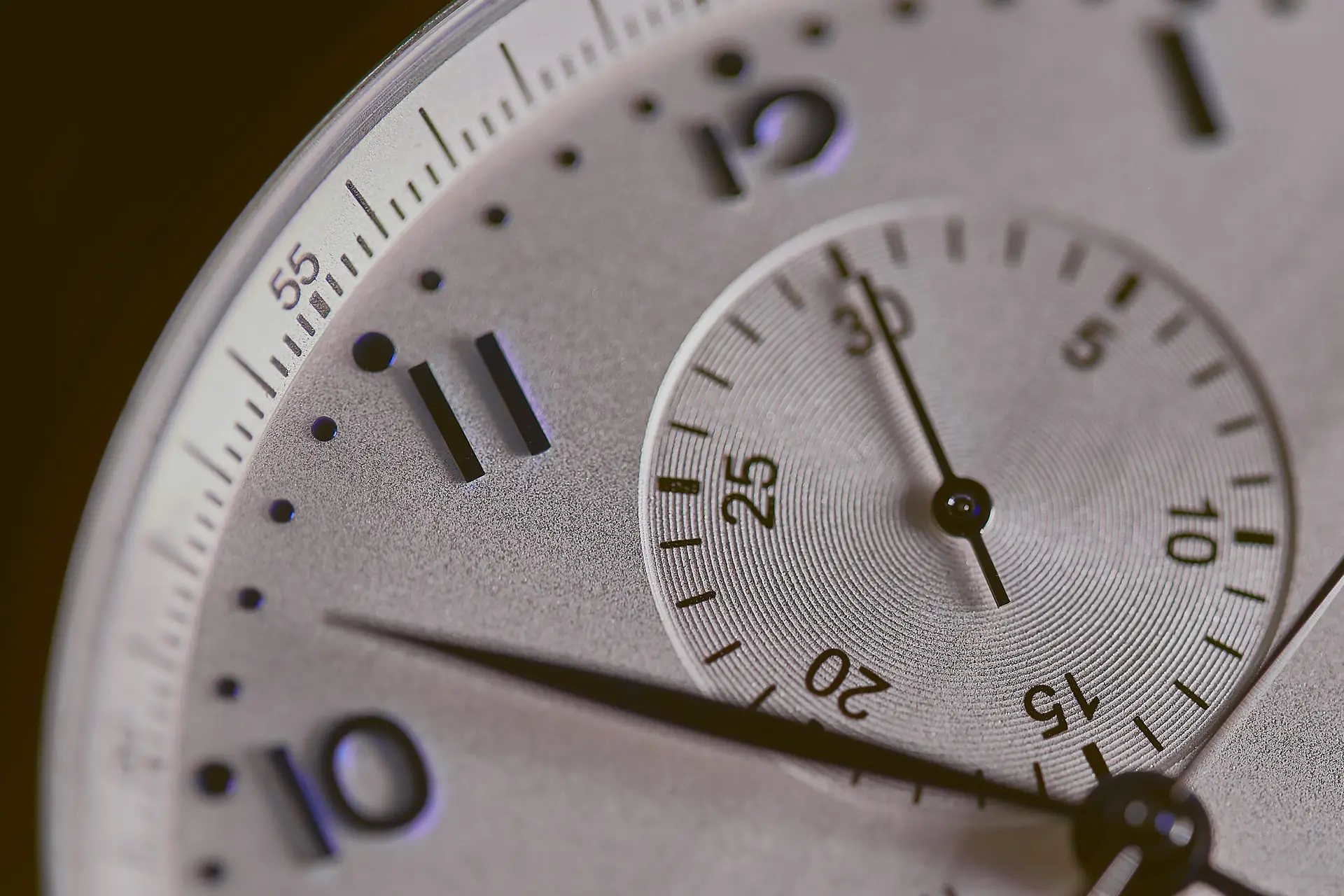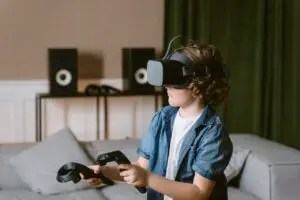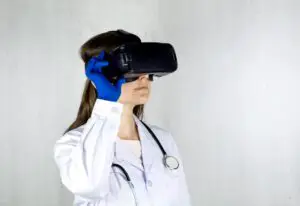A team of researchers at UCSC has found that virtual reality impacts users’ perception of time. The technology leads the users to underestimate the amount of time spent playing a game compared to one in front of a 2D screen.
It makes users feel like they are in a different environment than they actually are, which can be an incredible experience. Nevertheless, the psychological consequences of the technology on its users haven’t been well researched yet.
“This is the first time that there’s been experimental evidence that virtual reality manipulates time perception,” said Grayson Mullen, an undergraduate at UCSC at the time of the research and lead author of the study.
While playing a virtual reality game, Mullen realized that he couldn’t comprehend how much time had passed and decided to take up the study. As part of the research, he designed and coded a game that participants could play in virtual reality and on a conventional monitor. He onboarded 41 UCSC students to play the game on both platforms and stop when they realized five minutes were over.
The research concluded that participants significantly spent more time on the virtual reality version of the game. They played for 72.6 seconds longer, or 28.5% more time on average. The results of the study were published in Timing & Time Perception on May 3.
“VR is introducing this new thing called presence, or the feeling that you’re in a different environment than you actually are, and this was never really possible before,” said Nicolas Davidenko, associate professor of psychology at UCSC and senior author of the study. “Compression of time perception is just one of many facets of what could happen.”
Follow us on LinkedIn
Read other Articles





